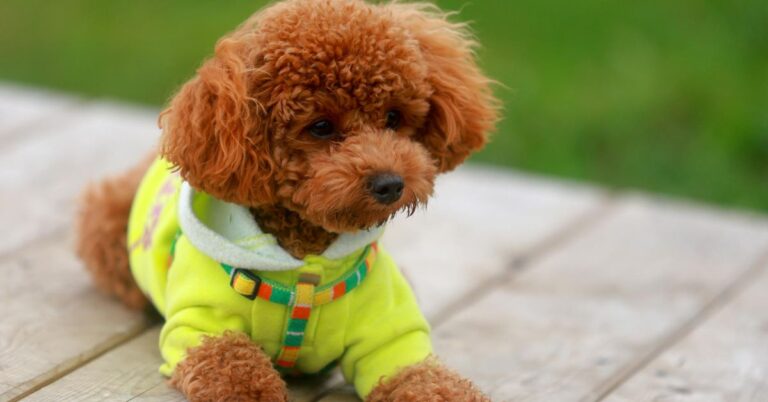15 Dog Breeds That Are Surprisingly Good With Cats
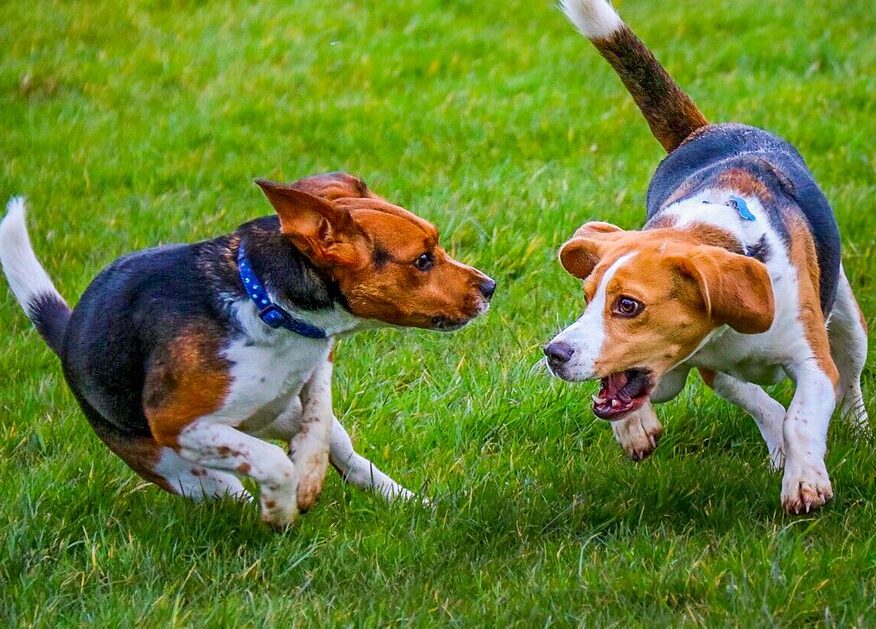
Some dogs chase anything that moves. Others? They’re shockingly cool with cats. These breeds won’t turn your living room into a wrestling match. They know how to share space, read signals, and mind their business. Whether they ignore the cat completely or become their nap buddy, these dogs tend to get along with feline roommates better than most people expect.
Golden Retriever

If your cat has boundaries, the Golden will probably respect them. These dogs aren’t pushy—they just want everyone to be happy. They’re soft-mouthed, gentle, and famously easygoing. Even when a cat gives them attitude, they usually just blink and lie down. It’s not about dominance for them. They’re more into good vibes and shared sunbeams. That calm friendliness makes them a solid fit for mixed-pet households.
Basset Hound

With their droopy eyes and slow-motion vibe, Bassets rarely start drama. They’re more interested in smells than showdowns. A cat can walk across the couch, and they’ll barely lift their head. They move at their own pace, and cats seem to appreciate that. As long as the food bowls stay separate and nobody takes their nap spot, a Basset is content to coexist without complaint.
Cavalier King Charles Spaniel
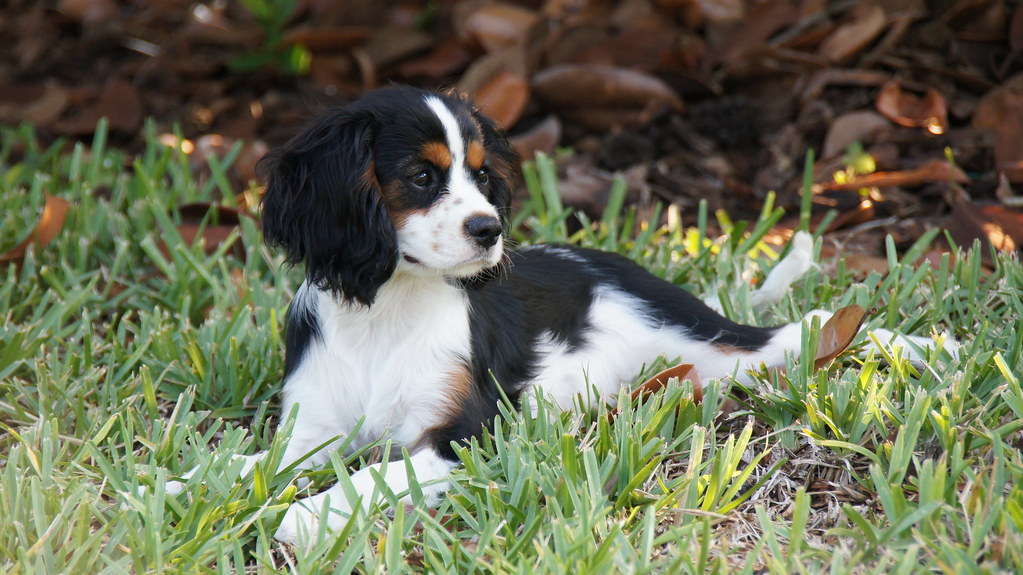
These dogs are companion animals to their core. They just want to be near someone—a human, a cat, or a couch pillow. They don’t have much prey drive, and they rarely make a fuss. If a cat swipes at them, they usually just scoot over and try again later. They’re not pushy, not too hyper, and incredibly tolerant, which makes them easy for cats to warm up to.
Papillon
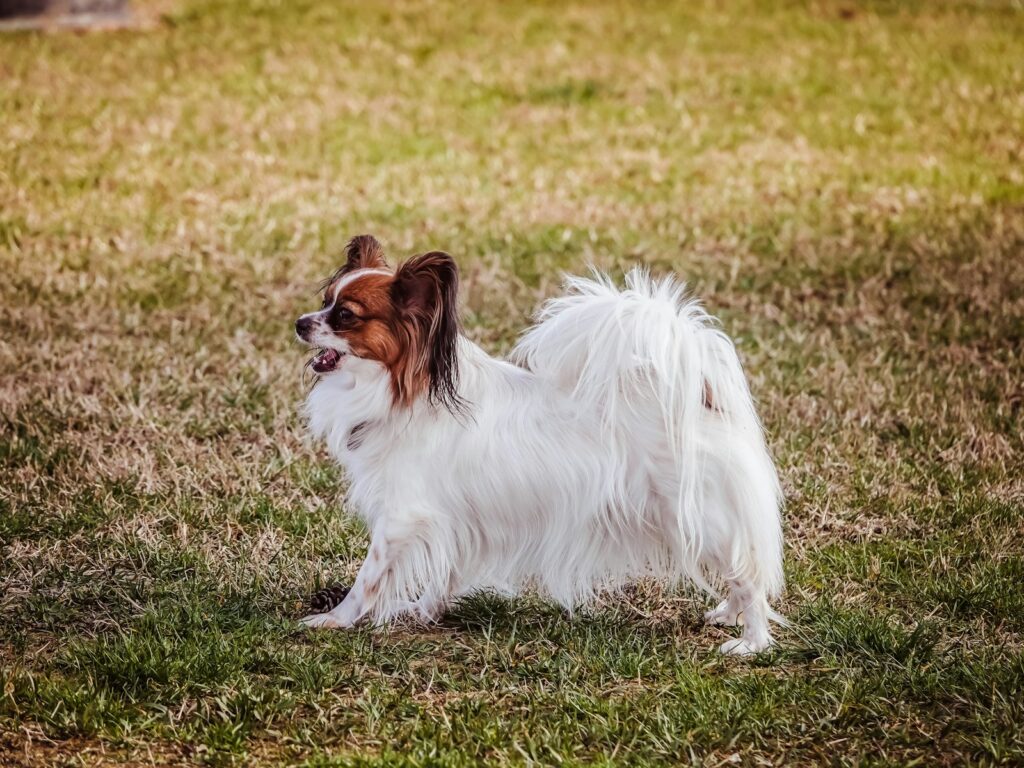
They look dainty, but Papillons are clever and social. If a cat sets the tone, the Papillon usually reads the room. They’re alert but not aggressive. Curious, but not invasive. A cat with confidence will likely end up leading the show, and the Papillon’s fine with that. They’re more about play and less about control, so their small size and big personality tend to mesh well with feline housemates.
Collie
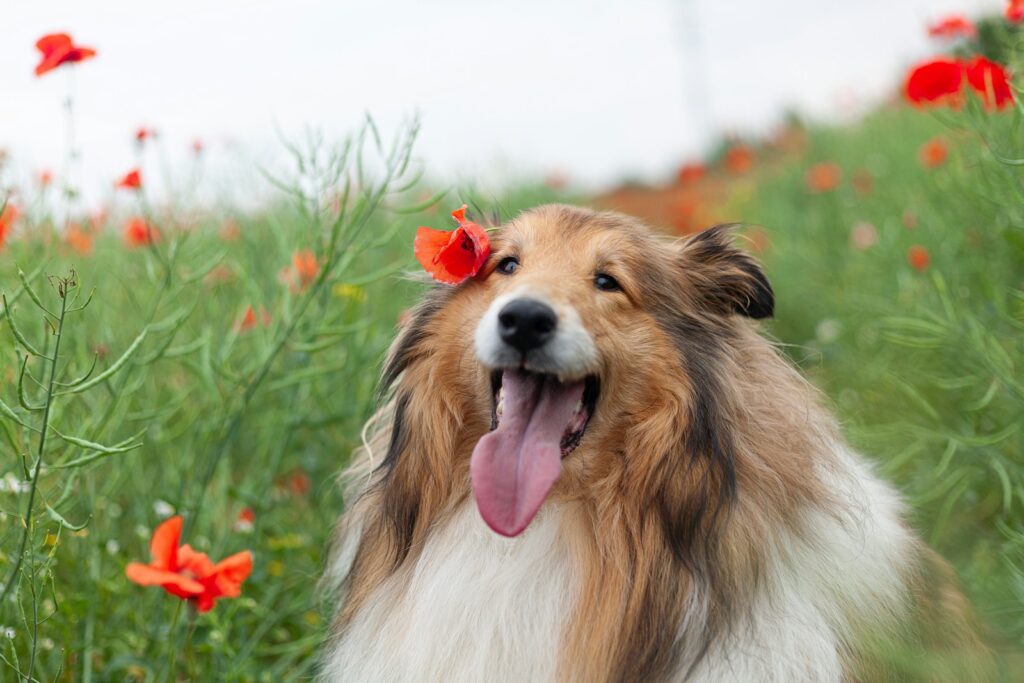
Not all herding breeds are cat-friendly, but Collies are an exception. They’re incredibly observant and sensitive to other animals’ boundaries. While they might follow the cat around at first, they usually settle into a respectful rhythm. They like routines, calm environments, and clear roles—so once the cat establishes theirs, the Collie tends to keep the peace and stick to their side of the deal.
Labrador Retriever
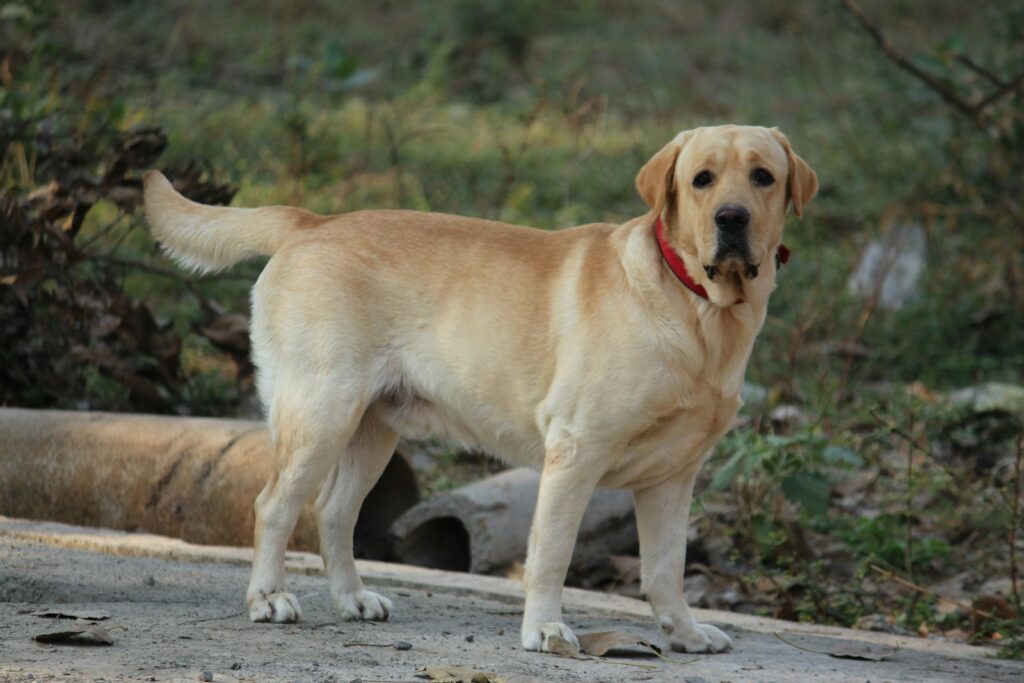
Labradors have energy, but they’re not usually pushy. Their happy-go-lucky attitude isn’t threatening to cats, especially if they’re raised around them. Labs are easily redirected, and they tend to be more into people than policing the cat’s movements. As long as introductions go slow, most Labradors end up treating cats like housemates—not toys—and sometimes even share their bed.
Poodle
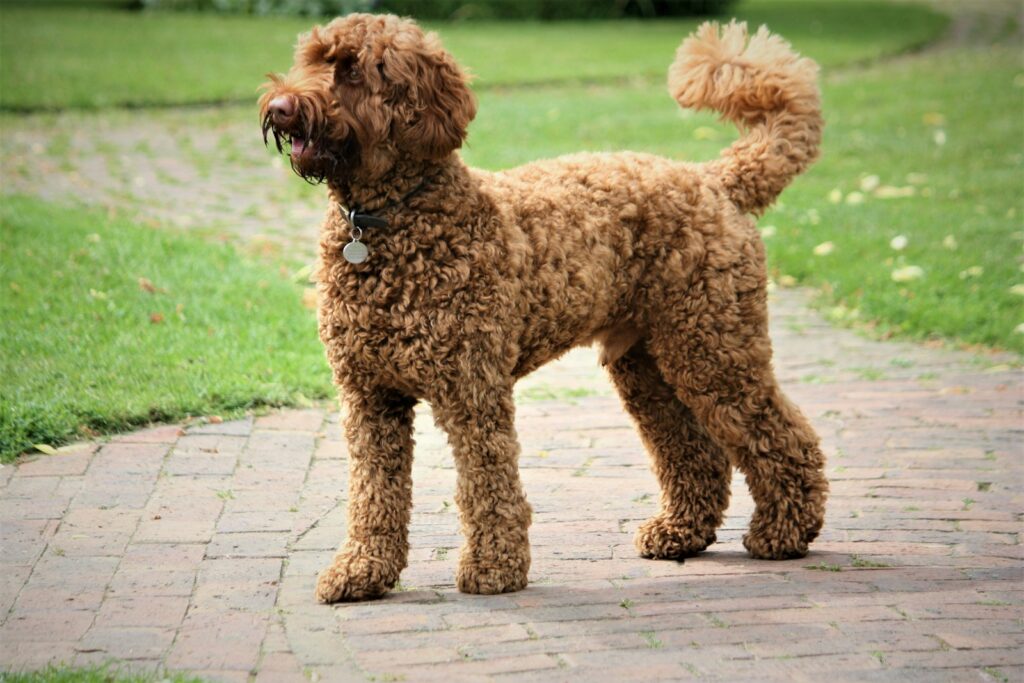
Standard, Miniature, or Toy, Poodles are adaptable. They’re smart enough to learn boundaries quickly and polite enough to follow them. Poodles don’t typically chase unless encouraged, and their people-pleasing nature means they’re usually eager to do what’s expected. Cats seem to pick up on that self-control. A calm, trained Poodle won’t push their luck, and that earns them a spot in the cat’s good graces.
Boxer

At first glance, a Boxer might seem too much—bouncy, strong, always ready to play. But around cats, many Boxers tone it down. They have a goofy charm and a surprising softness when reading other animals. They’ll give the cat space if they sense tension, and they rarely hold a grudge. With slow introductions, a Boxer can go from cat-chaser to cat-sitter before you know it.
Shih Tzu
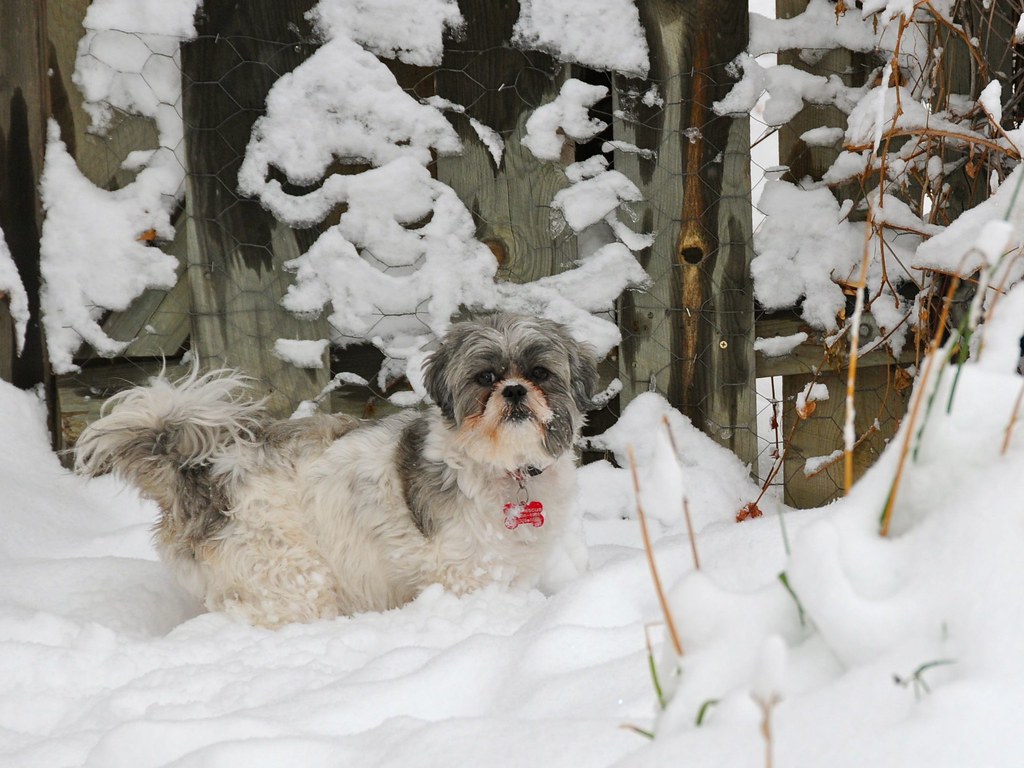
These little dogs were bred to hang out with royalty—not chase down prey. They’re mellow, observant, and more likely to follow you around than the cat. Shih Tzus don’t usually care about what the cat’s doing unless it involves stealing their favorite cushion. Their laid-back nature often puts cats at ease, especially in small living spaces where coexistence is a must.
Maltese
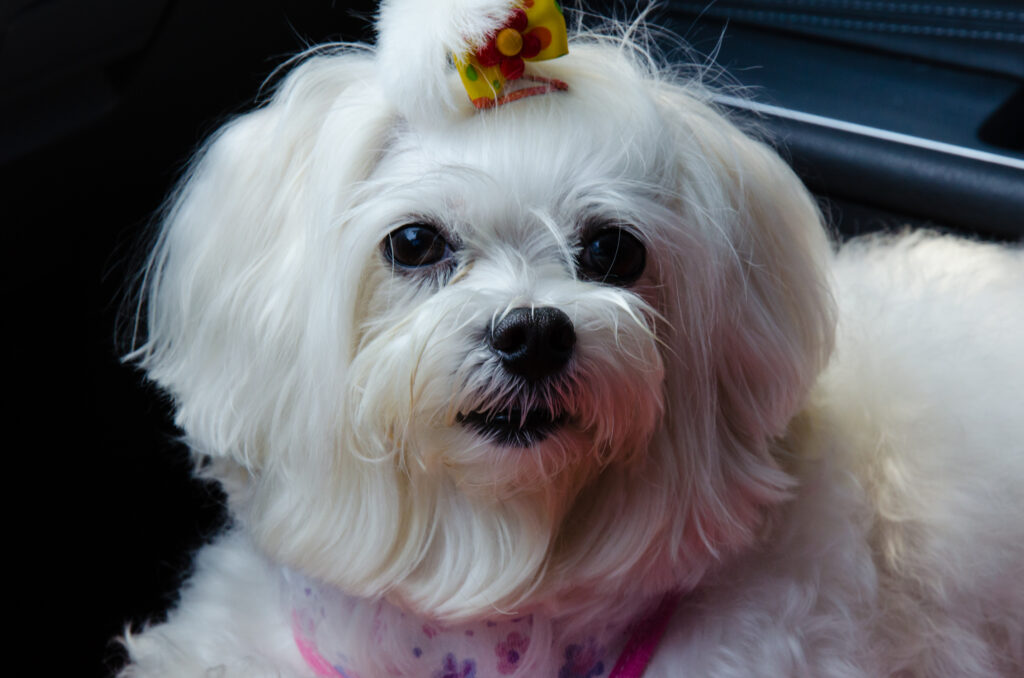
Maltese dogs thrive on affection but don’t demand it. They’re gentle, easy to redirect, and generally not aggressive or territorial. Most cats will test them once and realize there’s no threat. After that, the Maltese is just another quiet presence in the room. They’ll nap near the cat, follow them to the kitchen, and never question who actually runs the house.
Boston Terrier
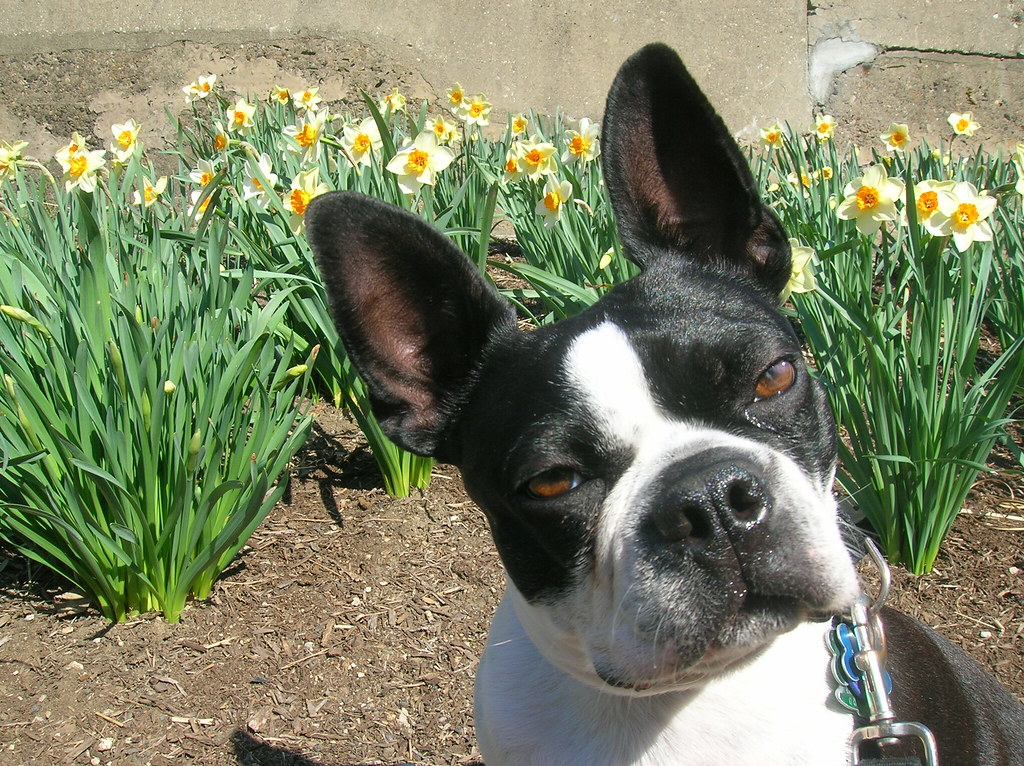
Boston Terriers are small, social, and endlessly curious. But they’re not as high-strung as some other small breeds. Around cats, they tend to wait and watch, then try to engage. If the cat isn’t interested, they’ll often shift their attention to a toy. They don’t take rejection personally. Their upbeat, easy-to-amuse nature keeps the peace more often than not.
Cocker Spaniel
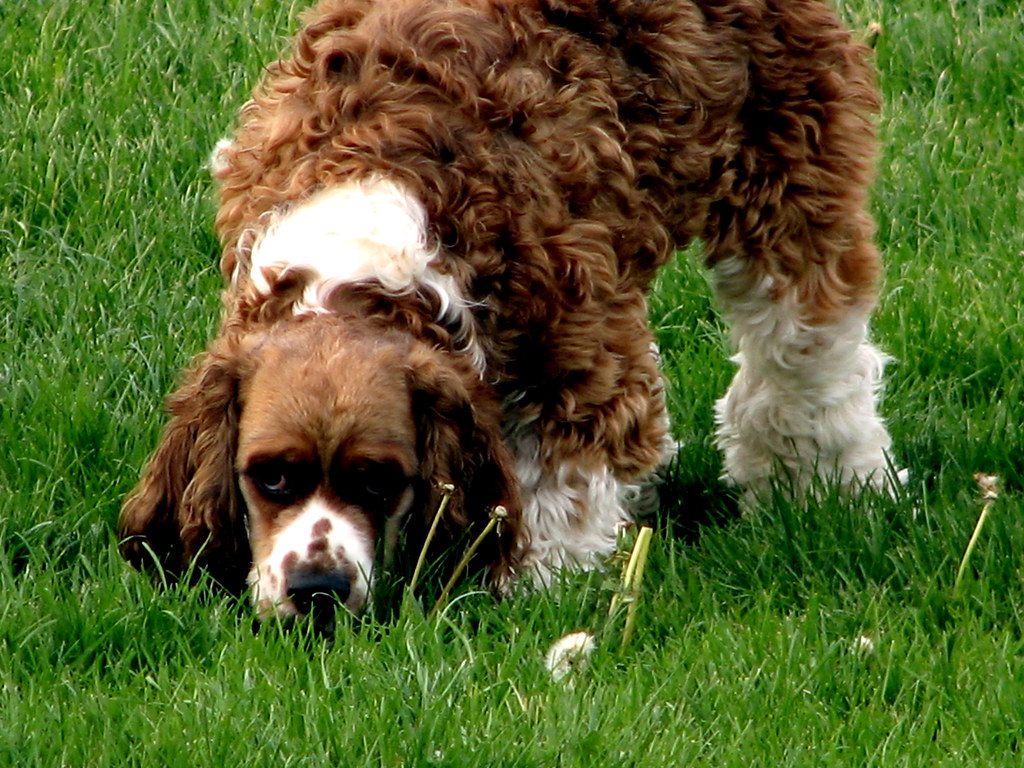
They’re sweet, soft-eyed, and usually just want to be loved. Cocker Spaniels are sensitive dogs that get along best when the household energy is calm. They don’t chase much, they don’t bark without a reason, and they read cues well. A bossy cat might call the shots, but the Spaniel won’t mind. They’re used to going along with the flow.
Great Pyrenees
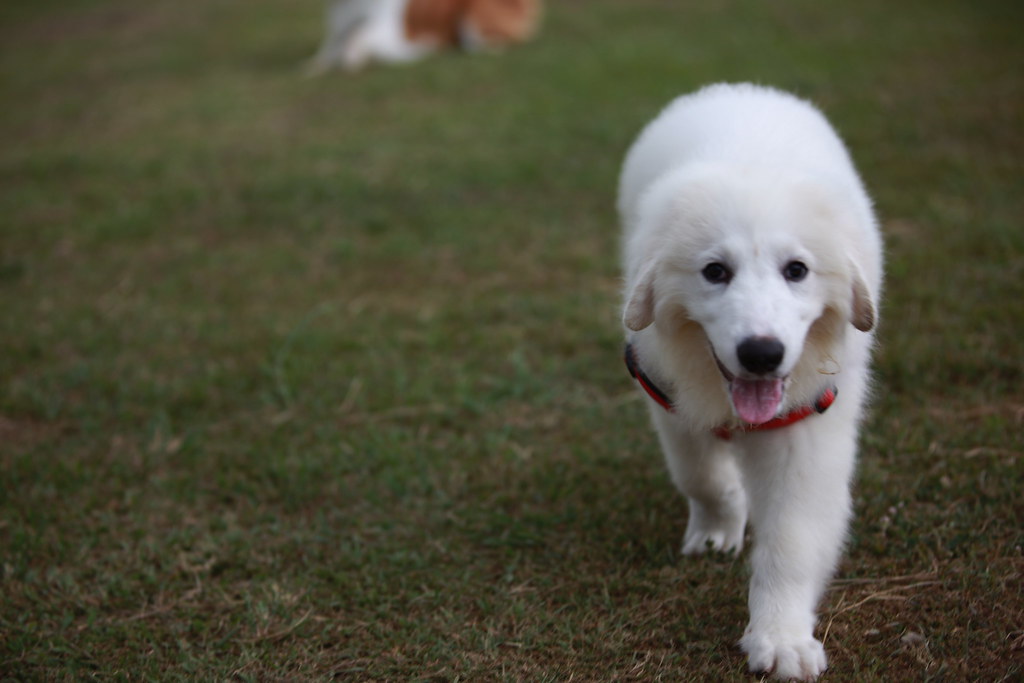
These giants may look intimidating, but they’re protectors at heart—not aggressors. Great Pyrenees were bred to guard herds, not chase them. That instinct to watch over makes them surprisingly gentle with smaller animals. Cats that like to keep their distance tend to do well with these calm, slow-moving dogs. The Pyrenees won’t bother them, but they will watch the door.
Pug
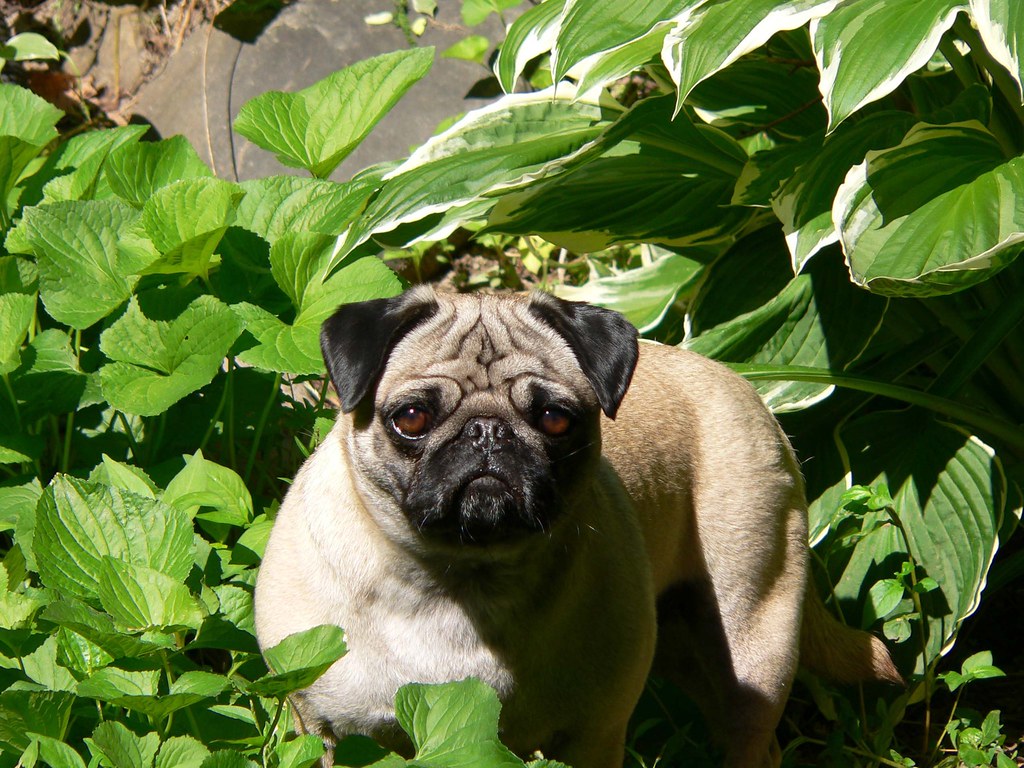
Pugs are more interested in comfort than conquest. They want soft beds, a full belly, and someone to snuggle. If that someone is a cat? Even better. Pugs don’t have the energy to chase and aren’t known for aggression. Most cats figure that out quickly. Once they realize the Pug is more of a lump than a threat, peaceful coexistence tends to come easily.
Beagle

Yes, they have a strong nose and a loud bark. But Beagles are pack animals. If they’re raised with cats—or introduced properly—they often treat them like another member of the team. They’re playful but not pushy, and most just want a buddy to nap or wander around the yard with. They’re stubborn, yes—but not aggressive, and they’re rarely bullies to smaller animals.



